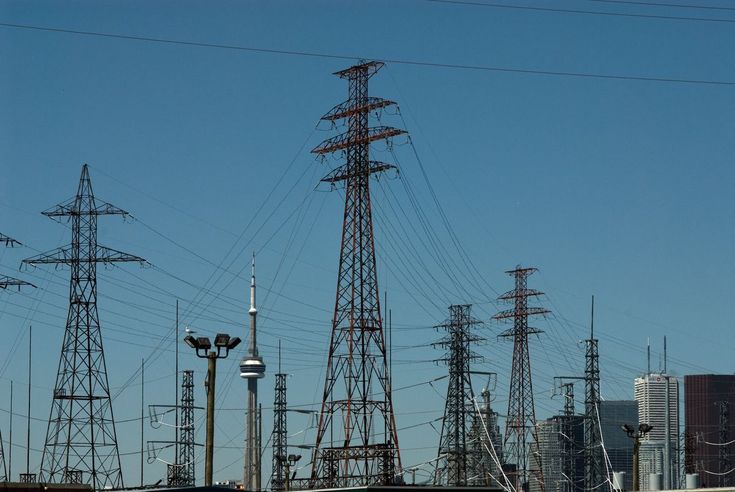Karachi Electric (K-Electric) consumers in Karachi are facing the possibility of a significant increase in their electricity bills as authorities contemplate a tariff hike of over Rs3 per unit. K-Electric has formally submitted an application to the National Electric Power Regulatory Authority (NEPRA) for an increase of Rs2.35 per unit through quarterly adjustments. Additionally, the application proposes a further increase of 67 paisas per unit for arrears. If approved, this request could result in an added financial burden of Rs1.6 billion on the shoulders of Karachi’s electricity consumers.
This impending tariff increase, which NEPRA is set to deliberate on during a hearing scheduled for October 19, comes hot on the heels of a recent hike in electricity costs. Just a week ago, NEPRA raised the electricity tariff by Rs1.71 per unit as part of the monthly fuel adjustment for the month of August. This increase will be reflected in consumers’ bills for the month of October. Importantly, it’s worth noting that the previous tariff raise did not apply to K-Electric and lifeline customers.
The Central Power Purchasing Authority had initially sought an electricity tariff increase of Rs1.82 per unit. Following a hearing, NEPRA approved a rate that was 10 paisas lower than the initial demand. However, even this slightly reduced increase will result in an extra financial burden of Rs30 billion for power consumers.
The consecutive proposals for tariff increases have raised concerns and questions among Karachi’s electricity consumers, who now face the prospect of rising energy costs. The financial implications of these hikes on individual households, businesses, and the broader economy are substantial and cannot be ignored.
This development highlights the ongoing challenges and debates related to electricity tariffs and pricing structures in Pakistan. As consumers brace themselves for potential increases in their electricity bills, the role of regulatory authorities, the energy sector, and the government’s commitment to addressing these issues become even more critical.


